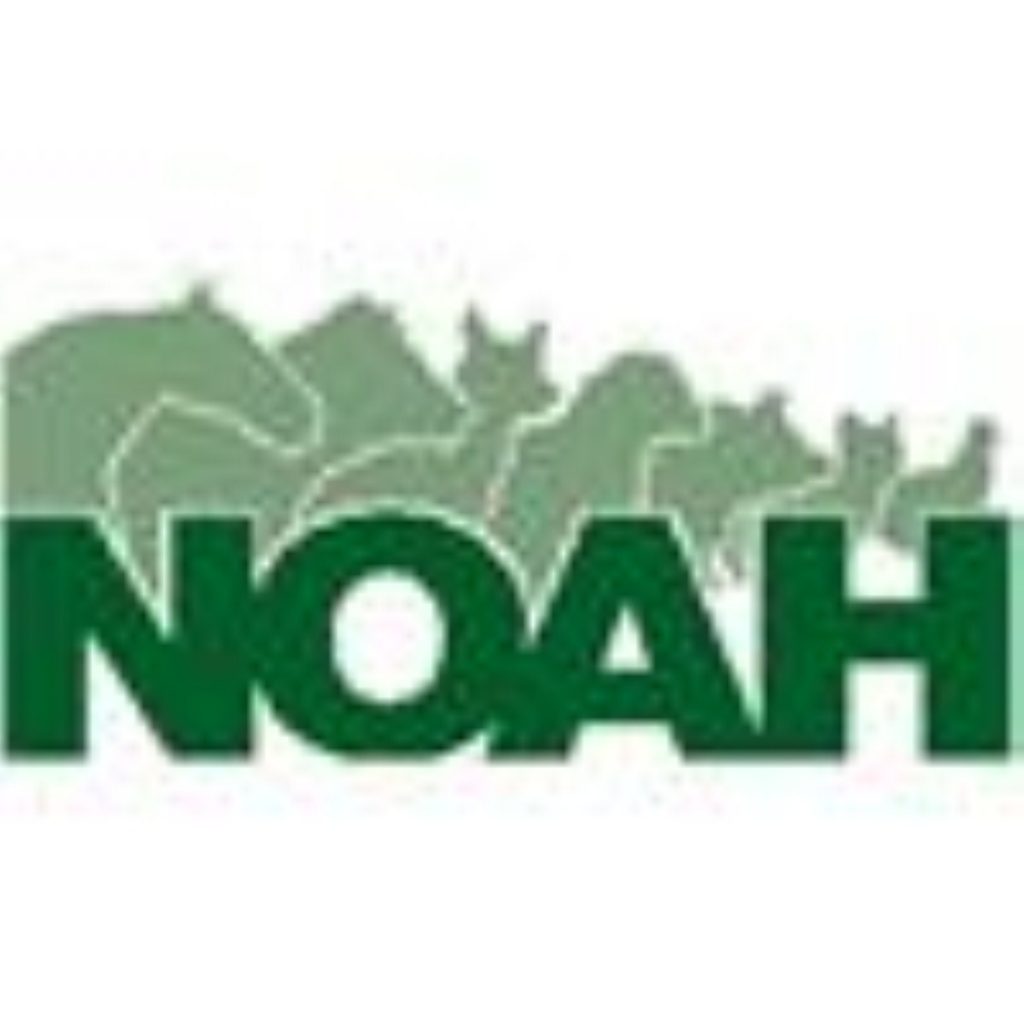Animal medicines sector responds to Lord O’Neill on Antimicrobials in Agriculture Report
The UK, European and global animal medicines sector associations have joined forces to respond to Lord O’Neill’s recent Report on Antimicrobials in Agriculture, through a letter and expert critique of his Report.
NOAH chief executive Dawn Howard says: “We agree with Lord O’Neill that antimicrobial resistance is an important global issue that must be addressed with sound evidence-based policies. Whilst we recognise the need for us to play our part in working to maintain the effectiveness of these vital medicines, we believe that there are numerous flaws in the Report”.
Commenting on the recommendation of a global target to reduce use, Mrs Howard said: “Rather than the global target to reduce use suggested, we believe the full commitment of all countries to implementing the global WHO Antimicrobial Resistance Action Plan would be more effective in actually addressing the resistance issue. There are a number of reasons, set out in our critique document, why we believe an arbitrary global reduction target is dangerously counterproductive. Different circumstances within different countries mean that one size very definitely does not fit all – as local disease, animal husbandry, economic and climate conditions will impact on countries abilities to change existing practices”.
“Our critique also addresses the failures of the Report in relation to expression of data on antibiotic use in animals. When comparing human and veterinary use of antibiotics, it failed to acknowledge the vastly different population sizes as well as the fact that livestock such as cattle and pigs weigh more than people and thus will require a larger volume of antibiotic to treat an infection than a person will. Data from the UK shows that when adjusted for population and weight, human use of antibiotics is more than double that of animals.
“We believe data collection of use patterns can help to identify and support best practices. Our sector has taken a leading role at UK, European and global levels to ensure our products are used judiciously and responsibly. There is already a proposal to improve data collection and surveillance systems in the draft new European Veterinary Medicines Regulation, which NOAH, along with others, fully supports. We also believe that there needs to be enhanced surveillance of resistance prevalence to obtain better insights into the potential relationships between use, management practices, etc., and resistance.”
The animal health sector wants to limit the development of antibiotic resistance by promoting responsible use of antibiotics in order to preserve them for future generations, for example through the work of RUMA (Responsible Use of Medicines in Agriculture) Alliance, which produces best practice guidelines.
Animal medicines help fulfil society’s moral and legal obligation to the animals in our care. They have a role to play in sustainable livestock production by preventing waste and inefficiencies caused by disease, and help provide a safe supply of food from healthy animals. Even where great efforts are made to prevent bacterial infections through animal husbandry techniques, bio-security and use of vaccines, there are occasions when animals will become sick and require treatment with an antibiotic.
Mrs Howard said: ““In the UK consumers have come to encourage and expect high standards of welfare which means that animals need to be looked after and treated when they are sick. If necessary, this may mean that a vet will prescribe an antibiotic to help prevent pain and suffering.”
Notes for editors
1. The National Office of Animal Health represents the UK animal medicines industry. Its aim is to promote the benefits of safe, effective, quality medicines for the health and welfare of all animals.
2. NOAH, IFAH-Europe and HealthforAnimals respectively represent the UK, European and global animal health industries. Together they represent the interests of over 80% of global animal health producers.
3. The critique is available at http://www.noah.co.uk/papers/Critique%20ONeill%20Report%20Final.pdf
4. As part of their drive to raise greater awareness on the issues surrounding the use of antibiotics, and in an attempt to dispel inaccurate or misleading information HealthforAnimals have published a guide entitled: ‘Antibiotics and antibiotic resistance in veterinary science’ available here http://healthforanimals.org/antibiotics-and-antibiotic-resistance-in-veterinary-science/
5. NOAH has produced a video dispelling commonly held consumer myths: https://www.youtube.com/watch?v=1qIuroDR8Ak
6. ‘Antimicrobials In Agriculture And The Environment Reducing Unnecessary Use And Waste’ The Review On Antimicrobial Resistance Chaired By Jim O’Neill, December 2015
http://amr-review.org/sites/default/files/Antimicrobials%20in%20agriculture%20and%20the%20environment%20-%20Reducing%20unnecessary%20use%20and%20waste.pdf
7. Public Health England, Veterinary Medicines Directorate, ‘A joint report on human and animal antibiotic use, sales and resistance in the UK in 2013’
https://www.gov.uk/government/publications/uk-one-health-report-antibiotics-use-in-humans-and-animals Accessed 10th of November 2015
For more information contact NOAH, 3 Crossfield Chambers, Gladbeck Way, Enfield, Middlesex, EN2 7HF. Tel: +44 (0)20 8367 3131. Email: noah@noah.co.uk





-01.png)